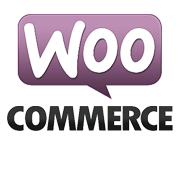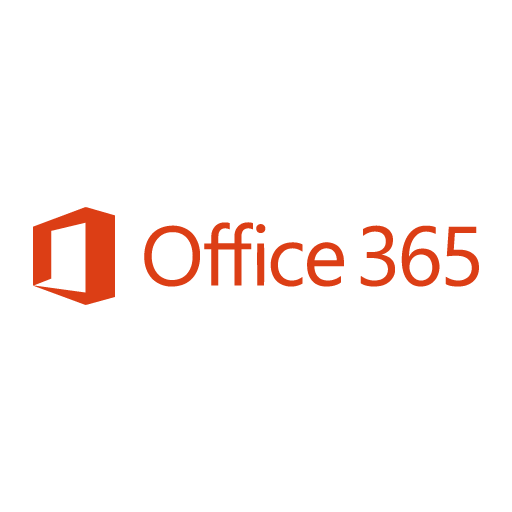My Website Makes $350K/Mo Selling Electronics All Over Kenya
Hello! Who are you and what business did you start?
My name is Boniface Kuria. I founded Techovant Solutions in 2019, an e-commerce retail store that deals with computers and electronics.
We deal with the sale of laptops, printers, networking accessories and sound-gadgets. Our main target customers are students, business professionals and corporate companies enrolling.
We currently make roughly $350,000 in revenue monthly.
What's your backstory and how did you come up with the idea?
Soon after high-school I studied graphic-design for my under-grad. After finishing my studies at university, I was lucky enough to get employed by a company that distributed IT products. While working there my entrepreneurial spirit started to manifest. I always used to ponder how I could build a side-business around something I was passionate about.
So one day as I was delivering a computer to a customer, he realized that the PC didn't come with an OS although it was brand-new. Since most of the computers came directly from the manufacturer some of them had no OS installed. Customers also complained...




























